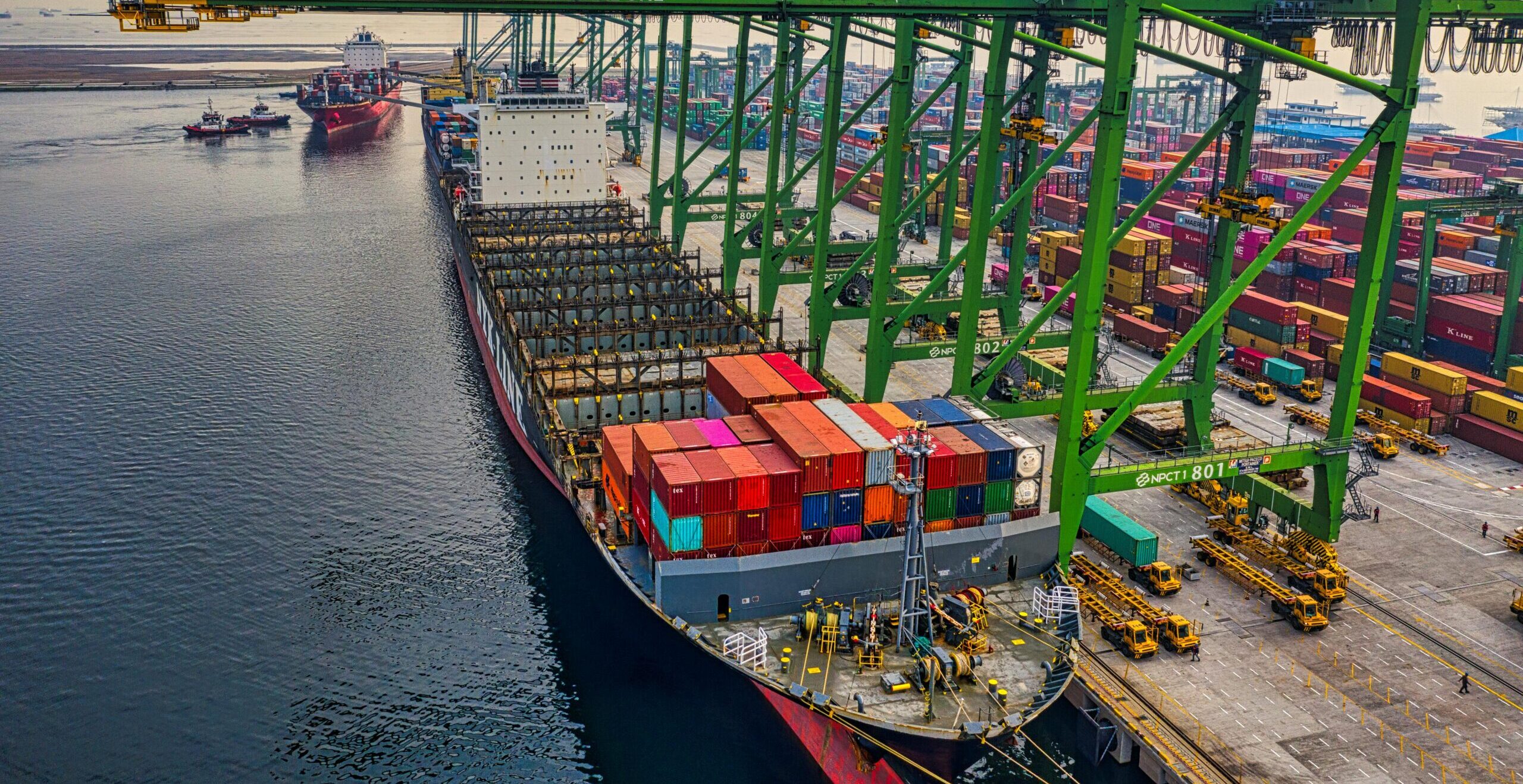The transport and logistics sector is a critical backbone of the global economy, facilitating the movement of goods and people across vast distances. However, it is also a significant contributor to environmental degradation, the industry alone contributes just over a third of global carbon dioxide (CO2) emissions, making it the largest emitting sector in several developed countries.
In the UK alone, in 2021, the transport sector emitted 427 Million tonnes of CO2 equivalent (MtCO2e), 26% of all UK emissions. What’s more, as the demand for operations spearheaded by transport and logistics increases, so will emissions generated by the industry.
Embracing sustainability in this sector is firstly to preserve our planet but also a strategic necessity for businesses aiming to thrive in a rapidly evolving marketplace.





Trusted by leading transport & logistics organisations

Why Sustainability Matters
Sustainability is crucial in the transport and logistics sector due to its significant environmental impact, economic efficiency, regulatory compliance, and market demand. Sustainable practices aim to improve fuel efficiency and reduce fuel operational costs significantly; for example, the EPA’s SmartWay programme has saved partners over $37.5 billion in fuel costs since 2004. Regulatory pressures, such as the EU’s goal to cut transport GHG emissions by 90% by 2050, and increasing consumer demand for sustainable practices, further underscore the importance of sustainability in this sector.

Access industry-specific guidance in our latest report
Our latest transport & logistics resource paints a picture of the current global impact the industry has on climate change before outlining multiple solutions you can execute to decarbonise your business and industry.

Why Net Zero Matters
Achieving Net Zero emissions is crucial for the transport and logistics industry, transitioning to Net Zero not only helps mitigate climate change but also offers significant economic benefits. For instance, adopting electric vehicles can lead to a 9-14% reduction in total cost of ownership by 2030, while hydrogen-fueled vehicles are projected to become cost-competitive with diesel trucks within the same timeframe. Moreover, regulatory pressures and growing consumer demand for eco-friendly practices are pushing the industry to innovate and invest in greener technologies, making net zero a critical goal for future competitiveness and environmental responsibility.
Alpi UK: Steering the Transport & Logistics Industry to a Sustainable Future
Alpi UK is a specialised group in the Freight Forwarding, Logistics Solutions, and Transportation Industry. The company has a proven history of developing efficient methods of transport, documentation and communication with clients, suppliers and agents with easily adaptable operational procedures and Internet-based track and trace systems to meet client requirements.
Positive Planet consultants have been working with Alpi UK to support the business with its baseline carbon footprint measurement. From this, the business will be able to begin to develop emission reduction activities, measurable with the data findings of their carbon footprint analysis. Alpi UK employees also took part in Carbon Literacy training, a one-day course designed to broaden knowledge on the carbon dioxide costs of everyday business activities. The wider team are using the knowledge gained from the training to develop innovative solutions to decarbonise internal operations, accelerating the company’s sustainability commitments.

“Since working with Positive Planet, Alpi UK has seen huge improvements in their environmental impact. The extensive staff training provided by them has given our employees the knowledge and skills to support our sustainability goals effectively.”
Ulrik Dal Pedersen,
Managing Director Alpi UK Ltd

The Importance of Transport & Logistics Industries
Reducing emissions in this sector is essential for combating climate change and achieving global climate goals. With the rapid growth of e-commerce and global trade, emissions from transport and logistics are set to increase if not addressed. Implementing sustainable practices can lead to cost savings, enhanced energy security, and compliance with increasingly stringent environmental regulations, driving the industry towards a more sustainable and resilient future.

